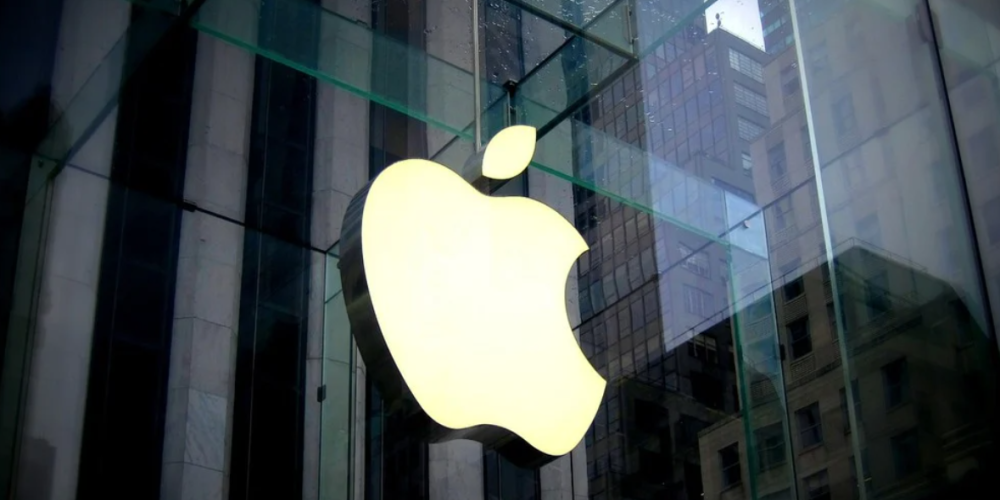 Apr 03, 2024
Apr 03, 2024
Apple Under Scrutiny: Claims of Discrimination Over Palestinian Support Emerge
In recent developments that have stirred controversy, Apple finds itself at the center of accusations from its own workforce. A collective of over 300 employees has raised concerns about the tech company’s approach to expressions of solidarity with Palestinian people amidst the tense situation involving Israel and Hamas. This group, identifying as Apples4Ceasefire, has taken a stand by penning an open letter directed towards Apple’s CEO, Tim Cook, urging a stance that recognizes the value and rights of Palestinian lives. This has brought to light allegations of a workplace environment that some deem restrictive and potentially discriminatory when it comes to political and humanitarian expressions.
The allegations hinge on claims that employees showing symbols of support towards Palestine, such as through attire or accessories, were subjected to disciplinary actions. This includes claims of wrongful termination, as in the case of a Palestinian employee from an Apple Store in Chicago, who faced adversity for her choice to wear a keffiyeh, a cultural symbol. Despite initially receiving reassurance that such an expression fell within company policy, the situation allegedly escalated to her eventual dismissal, alongside a broader reported pattern of discouraging displays of Palestinian solidarity among the staff. Such actions have ignited debates over what constitutes a “harmful environment” and whether Apple’s business conduct policies are being applied impartially.
Adding layers to the controversy are accounts from other employees, which mirror the initial claim of suppression regarding Palestinian support. Reports include employees being informed by leadership and human resources departments that wearing Palestinian cultural symbols could be deemed unsafe or politically charged, thereby restricting their use. This has only exacerbated claims of bias and censorship within the tech giant's ranks, challenging Apple’s public image as a company dedicated to diversity and inclusion.
Apple, known for its strict policies on employee conduct and workplace environment, finds its practices under the microscope. Questions arise over the balance between maintaining a neutral work environment and allowing personal expressions of political or humanitarian support. The scenario posits a complex challenge for corporate governance, especially for global entities like Apple that navigate diverse cultures and political sensitivities. How the company responds, and potentially addresses these accusations, will likely influence corporate practices far beyond its own offices and stores.
As the discourse unfolds, the spotlight on Apple underscores a broader conversation around corporate responsibility, freedom of expression, and the nuances of navigating geopolitical stances in a global workforce. The Apples4Ceasefire letter has not only reignited debates about the Israel-Palestine conflict within corporate domains but also highlighted the delicate balance companies must strike in fostering an inclusive environment while maintaining decorum and neutrality. The aftermath of these allegations, whether it leads to policy revisions or reaffirmations of existing practices, will be telling of the evolving landscape of corporate ethics and employee relations.




